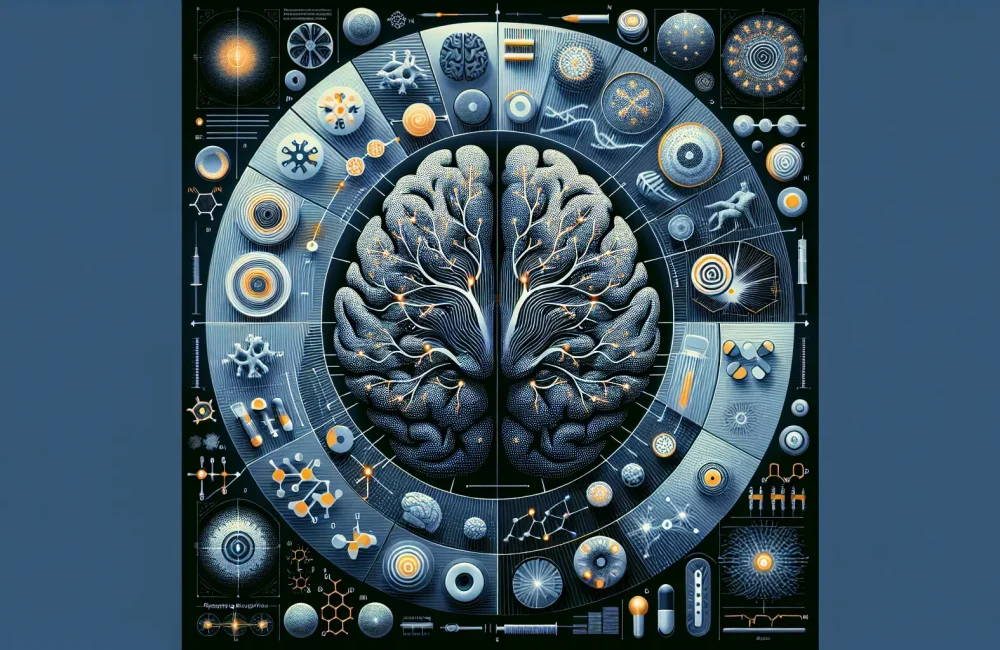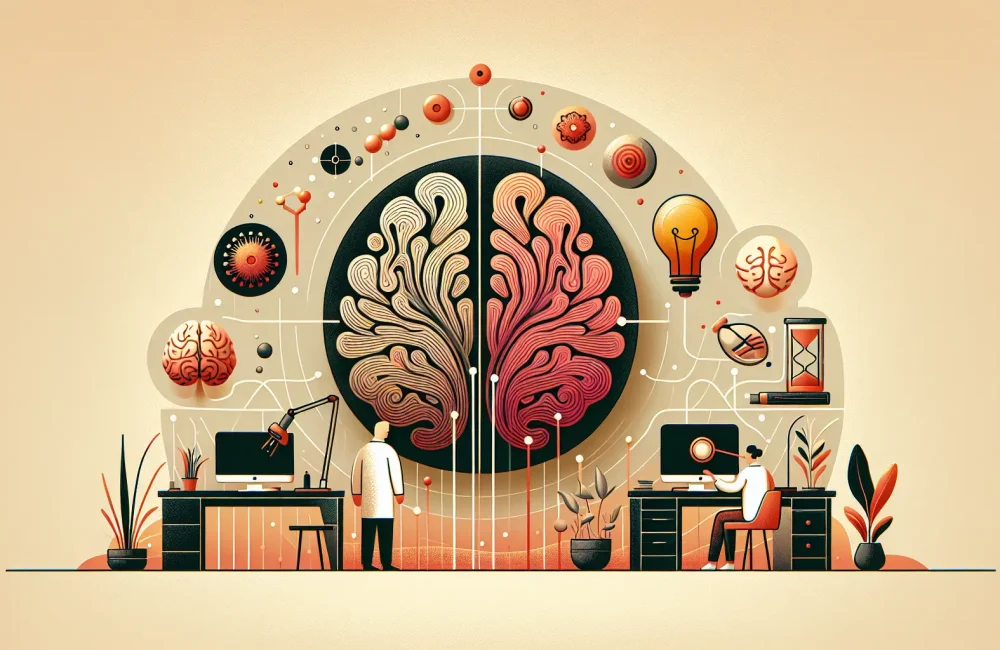By CAFMI AI From Nature Reviews Neurology
Breaking Down Barriers with Experiential Learning
Dementia care remains a critical challenge in the healthcare system, with traditional approaches often falling short in addressing the complex and deeply personal nature of the condition. This article sheds light on a practical and experiential approach designed to dismantle the barriers faced by people living with dementia, caregivers, and healthcare providers. By prioritizing direct involvement of individuals with dementia, the approach fosters a deeper understanding that goes beyond clinical symptoms to encompass lived realities. At its core, experiential learning initiatives bring together patients, caregivers, and healthcare professionals in shared environments that encourage empathy, communication, and mutual respect. This inclusion helps to bridge gaps in knowledge and attitudes, making dementia care more compassionate and tailored to individual needs. The article highlights that involving those with lived experience is essential for reshaping dementia care frameworks into more person-centered models, which are more effective in supporting quality of life and dignity. These initiatives have shown promising outcomes in transforming dementia policy and practice by ensuring that the voices of those impacted directly inform decisions and strategies.
Key Findings and Clinical Implications
The article presents a series of narratives and data from programs integrating experiential learning into dementia-related services. A major finding is that first-hand experiences shared by people living with dementia significantly enhance healthcare professionals’ empathy and understanding, which often leads to improved communication and care quality. Clinicians reported that participating in these programs altered their perspectives, inspiring more patient-focused interactions and collaborative care planning. Such changes are crucial given that dementia manifests uniquely in each patient, requiring flexibility and attentiveness from providers. The programs also revealed challenges including systemic constraints and the need for ongoing support and education to sustain these improvements. Clinical implications are profound: adopting experiential learning approaches may help close the gap between clinical guidelines and real-world care, fostering environments where patients and caregivers feel heard and validated. Additionally, this model supports timely diagnosis, better symptom management, and more holistic care pathways. From a primary care workflow perspective, experiential learning promotes interdisciplinary teamwork and encourages clinicians to integrate psychosocial insights into treatment plans, enhancing overall patient outcomes.
Overcoming Challenges and Recommendations for Practice
Despite the clear benefits, integrating experiential learning into dementia care is not without challenges. The article addresses key barriers such as limited resources, time constraints, and sometimes resistance among healthcare professionals unfamiliar with this approach. Ensuring accessibility for people with diverse dementia stages and backgrounds also requires thoughtful program design. Furthermore, the narrative emphasizes the importance of ongoing community engagement and institutional commitment to sustain momentum in transforming dementia care. The authors recommend that healthcare systems establish dedicated training modules incorporating experiential components, promote policy frameworks that support participatory care, and encourage broader societal awareness to reduce stigma. Clinicians are advised to proactively seek opportunities to engage with lived experience initiatives and use insights gained to inform diagnoses, counseling, and follow-up. Effective counseling includes educating patients and caregivers about the condition’s progression, available support services, and strategies for coping with emotional and practical challenges. Integrating these experiential insights into routine care helps to build trust, improve adherence to treatment, and ultimately enhances the patient and caregiver experience. The article ends with a call to move beyond theoretical discussions and embrace concrete, actionable steps that forge stronger partnerships between healthcare providers, patients, and communities in dementia care.
Read The Original Publication Here






